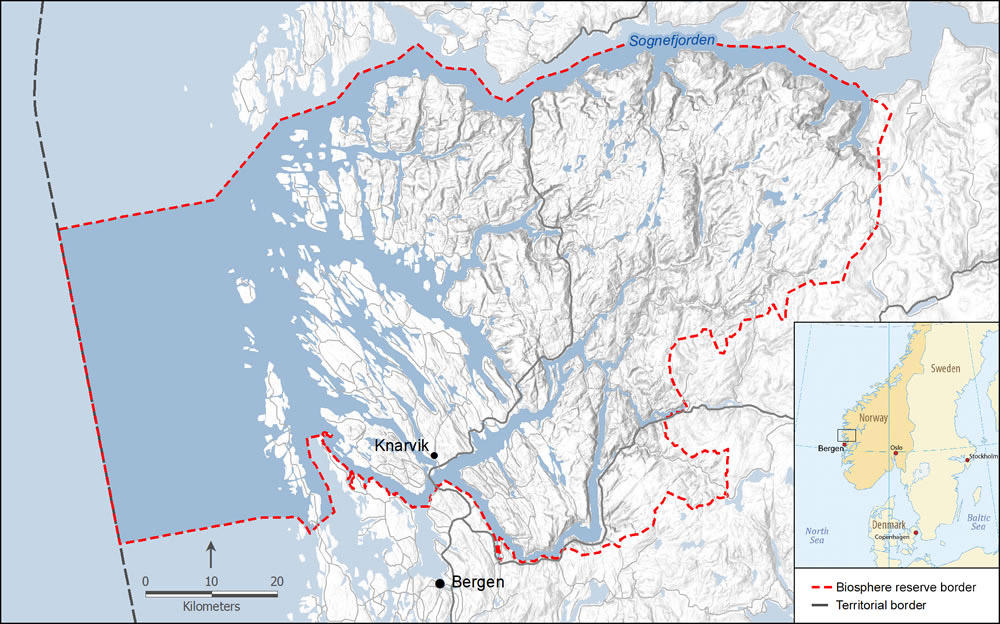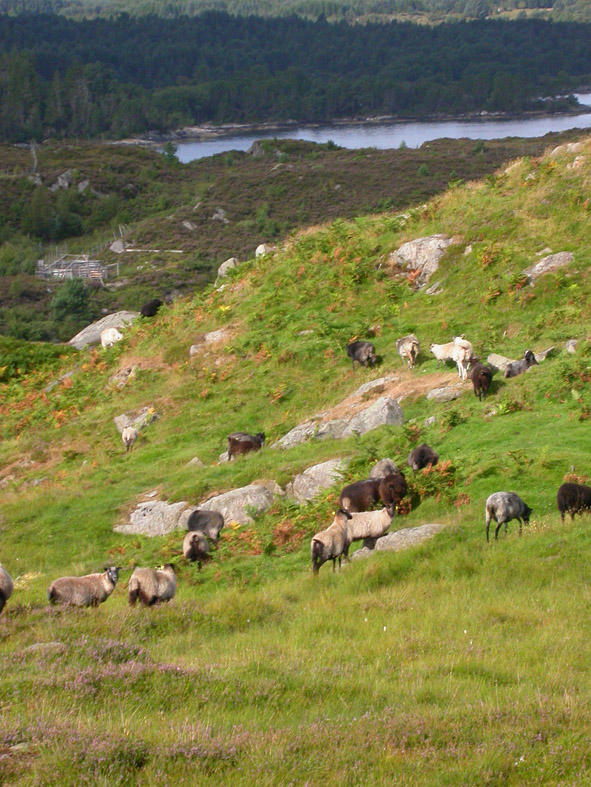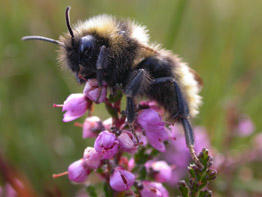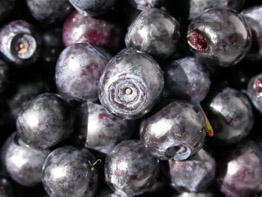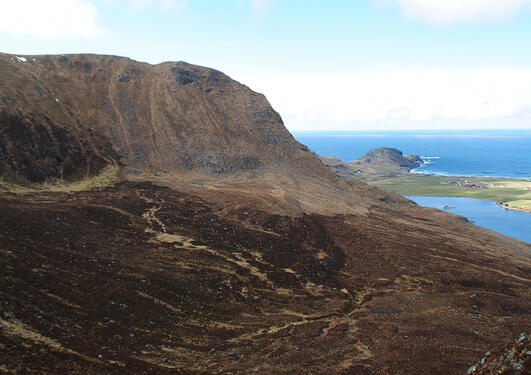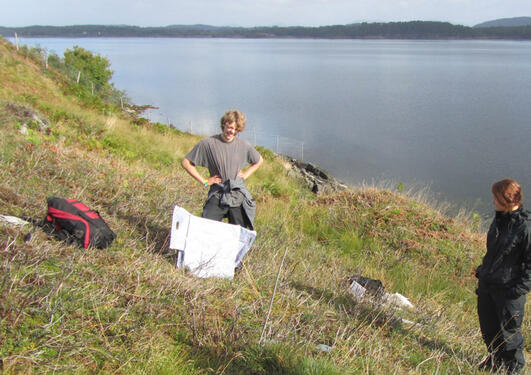TradMod
TradMod - From traditional resource use to modern industrial production: Holistic management in western Norway
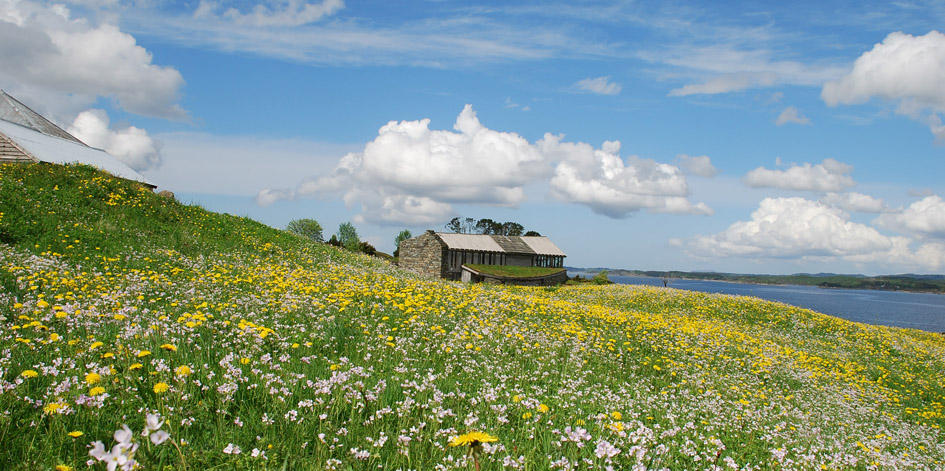
Main content
Land use has resulted in the widespread occurrence of so-called ‘domesticated ecosystems’ or social-ecological systems that provide us with ecosystem services. We use the ability to buffer change, learn, and adapt, i.e. socio-ecological resilience, to understand how to sustain and enhance adaptive capacity.
The social-ecological systems of Nordhordland have been under continuous management for millennia (up to 6000 years) and are thus among the oldest semi-natural ecosystems in Europe. The ecosystems and management history are well studied: hence, the Nordhordland study area is well suited for bringing natural and social sciences together to yield relevant insights into a green transition. The diversified land-use, with small-scale farming providing a mosaic of biodiverse landscapes where grazing is central, has resulted in a high diversity of semi-natural habitats. Today, these habitat types are threatened, both nationally and internationally, and Norway has a particular responsibility for managing these remnants. Nordhordland is in the process of becoming a UNESCO Man and Biosphere Reserve which will support that responsibility while encouraging sustainable development
Steering our research and actions towards new solutions through a holistic approach is a necessary step in sustainable development as imbedded in the 2030 Agenda (UN 2015): we need to emphasise the connections between land-use, environmental quality, biological diversity, and ecosystem services.
The core objective of the NFR-funded TradMod project is to analyse effects of land-use change and associated change processes in order to identify and assess major challenges in converting to greener development and wealth creation. We will facilitate interactions between business, management, and research to contribute to environmentally sustainable development and strengthen social-ecological resilience.
The key questions we aim to address are:
- Q1 – How can the ecosystems and ecosystem services of Nordhordland be sustainably managed? (WP1, WP2, WP4)
- Q2 – Can using livestock as landscape engineers revive the agricultural sector in Nordhordland and safeguard ecosystems and ecosystem service delivery? (all WPs)
- Q3 – What characterises the best candidate ideas for green development strategies and, by using a communication- and knowledge-sharing platform, how can knowledge and good solutions be merged on the road from idea to implementation? (WP3, WP4)
The project has four work packages (WPs) that align with the three main foci of the Man and Biosphere Programme to
- minimise the loss of biological diversity (WP2)
- promote economic and social development which is socio-culturally and ecologically sustainable (WP1, WP3)
- promote environmental sustainability through the World Network of Biosphere Reserves (WP4)
WP1 Land-use change: effects on ecosystems, ecosystem services, and cultural environments
Aim: To map and document selected ecosystem services, and knowledge and perceptions of ecosystems and ecosystem services related to shifting population pressures and land-use processes, and to create citizen science projects to facilitate co-production of knowledge in Nordhordland
WP2 Domestic grazing animals as landscape engineers
Aim: To empirically determine the impact of changed or lost grazing management regimes on key ecosystem services
WP3 Green development under land-use change: towards adaptive resource management
Aim: To provide relevant insights into the facilitation of a green transition in value creation based on smart solutions for the use of land and management of natural resources in Nordhordland
WP4 Knowledge-sharing, dissemination, and co-adaptive management
Aim: To involve local communities in both knowledge generation and dissemination of results to the general public as well as to national, regional, and local policy-makers and managers through the development of a communication- and knowledge-sharing platform and targeted activities
Research team
Dr. Inger E. Måren UNESCO Chair in Sustainable Heritage and Environmental Management (all WPs)
Dr. Amy Eycott Nord University at Steinkjer (WP2 leader; co-supervisor PhD/MSc)
Dr. Jens Kristian Fosse Høgskulen på Vestlandet (WP3 leader; supervisor MSc2)
Morgane Kerdoncuff, will work on WPs 1&2 and interact with MSc students and faculty, and contribute to WP4. She will spend extended time within the region and UNESCO headquarters
Dr. Meriem Bouamrane UNESCO MAB Programme Specialist, Paris (WPs 3&4).
Prof. Martin Price UNESCO Chair in Sustainable Mountain Development (WPs 1&4).
Kari Evensen Natland project leader of the Nordhordland Biosphere area proposal on behalf of the Regional Council (WPs 1,3,4).
Prof. Emeritus Peter Emil Kaland UiB - primus motor of the Heathland Centre and the Biosphere area proposal (all WPs).
Prof. Vigdis Vandvik UiB and Lead Author on the IPBES assessment (WPs 1,2,4).
Scientific advisory board
Dr. Robin Marsh (University of California Berkeley, USA)
Dr. Lisen Schultz (Stockholm Resilience Centre, Sweden)
Dr. Rosalind Bryce (University of Highlands and Islands, UK)
Dr. Liv Guri Velle (Møreforsking, Norway)
Johanna MacTaggart (UNESCOs MAB Programme, Sweden)
Stakeholder group
Defined by Nordhordland Region Council prior to project kick-off.
Are you a STUDENT interested in participating in TradMod, for example through a Bachelors (BIO299) or Masters project with us? Contact Inger!
